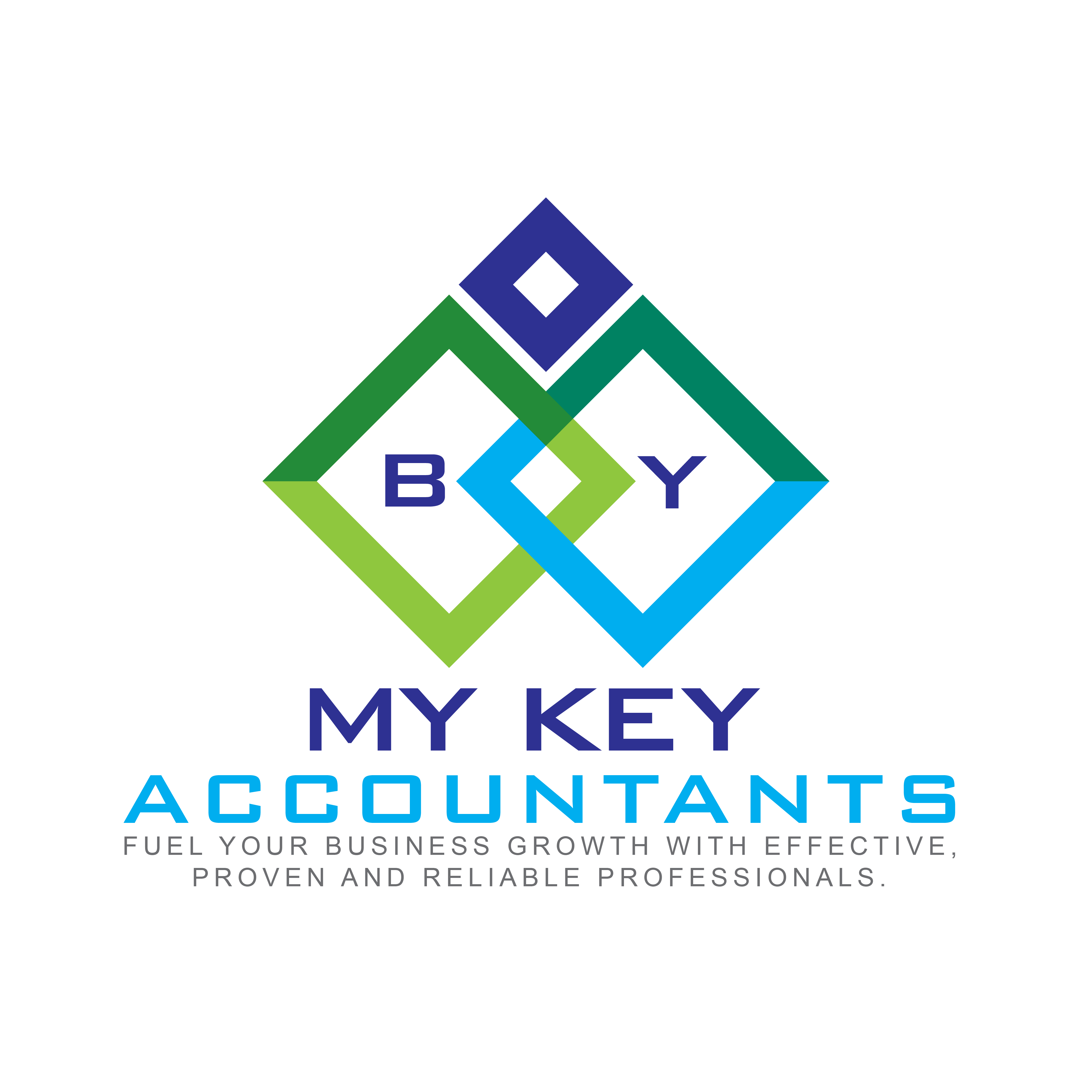How you pay Income Tax
Pay As You Earn (PAYE)
Most people pay Income Tax through PAYE. This is the system your employer or pension provider uses to take Income Tax and National Insurance contributions before they pay your wages or pension. Your tax code tells your employer how much to deduct.
Tax on state benefits
Your tax code can take account of taxable state benefits, so if you owe tax on them (for example for the State Pension) it’s usually taken automatically from your other income.
If the State Pension is your only income, HM Revenue and Customs (HMRC) will write to you if you owe Income Tax. You may need to fill in a Self Assessment tax return.
Self Assessment tax returns
If your financial affairs are more complex (for example you’re self-employed or have a high income) you may pay Income Tax and National Insurance through Self Assessment. You’ll need to fill in a tax return every year.
You must also fill in a tax return if you earned more than either:
- £1,000 from self-employment
- £2,500 from other untaxed income, for example from tips or renting out a property
Contact the Income Tax helpline if your income from renting out a property was between £1,000 and £2,500.
